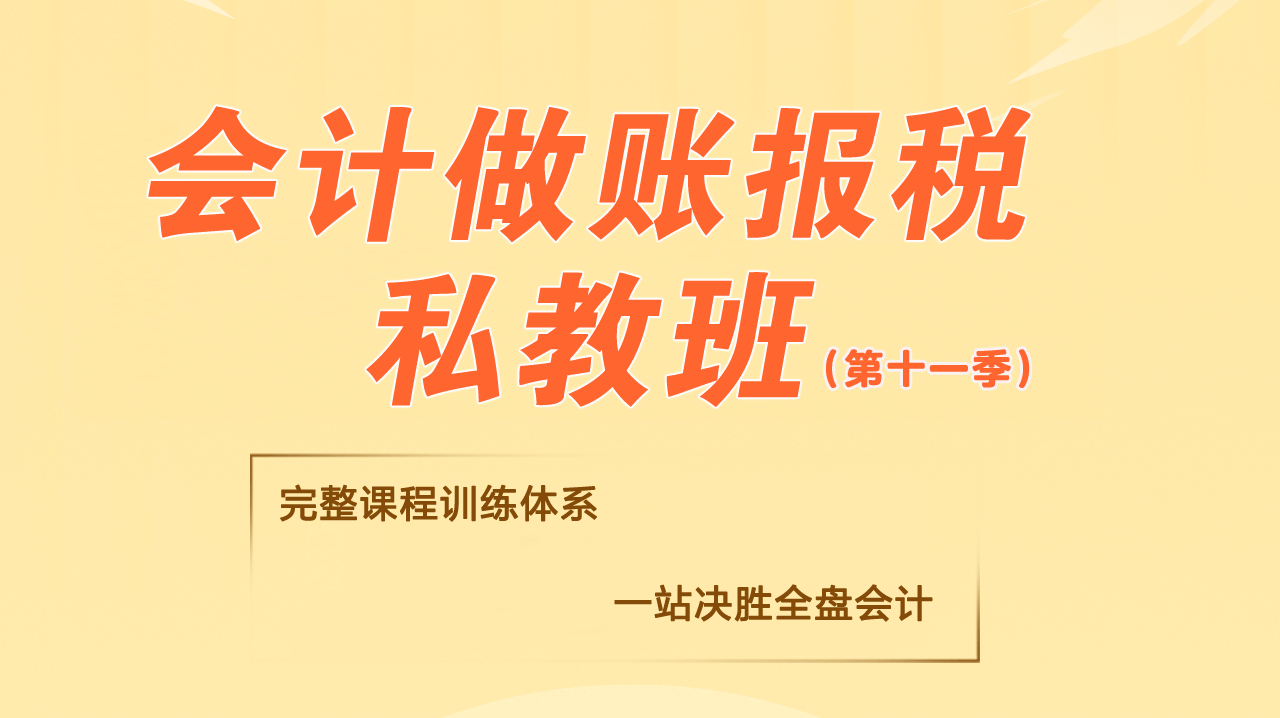为何我们会不由自主地身陷内部交易(双语)
Say it ain't so, Warren !
沃伦,快告诉我们这不是事实!
Investors were shocked to learn this week that David Sokol, a trusted lieutenant to Berkshire Hathaway Chairman Warren Buffett, had bought nearly $10 million worth of stock in Lubrizol just over a week before he suggested to Mr. Buffett that Berkshire should acquire the company.
上周,投资者得知了一个令人震惊的消息,伯克希尔哈撒韦董事长沃伦•巴菲特(Warren Buffett)非常信任的爱将大卫•索科尔(David Sokol)在建议巴菲特收购Lubrizol的一个多星期以前,买进了这家化学品公司价值近1000万美元的股票。
Leave aside the obvious point that Mr. Sokol might not have lived up to Berkshire's high ethical standards. Focus instead on this: If even Mr. Buffett can fail to appreciate a potential conflict of interest under his very nose, then ordinary investors need to realize just how pervasive and insidious conflicts are throughout the financial world.
Christophe Vorlet撇开索科尔可能达不到伯克希尔的崇高道德标准这个显而易见的事实不谈。让我们关注这一点:如果就连巴菲特都未能觉察到发生在他眼皮底下的一个潜在的利益冲突,那么普通的投资者就必须认识到:整个金融界该充斥着多少阴险狡诈的利益冲突啊。
In the past few weeks alone, a chemist at the Food and Drug Administration was charged with trading on confidential information about drug approvals; a former Goldman Sachs Group director has been accused of leaking secrets to hedge-fund manager Raj Rajaratnam; and Mr. Rajaratnam has gone on trial for allegedly masterminding an insider-trading ring. The director and the hedge-fund manager maintain their innocence; the chemist hasn't yet been arraigned.
仅在过去几周的时间内,这样的事情就屡屡发生。美国食品和药物管理局(Food and Drug Administration,简称FDA)的一位药剂师被控利用职务之便提前获知保密的药品审批信息后买卖相关公司的股票以非法牟利;高盛集团(Goldman Sachs Group)的一位前任董事被控向对冲基金经理拉杰•拉贾拉特南(Raj Rajaratnam)泄露机密;而拉贾拉特南已经因涉嫌策划一个内部交易圈而受审。高盛的这位前董事和这位基金经理都坚称自己无罪;那位药剂师尚未被传讯。
But how could Mr. Buffett, universally regarded as a beacon of integrity, have let Mr. Sokol's unusual trading occur unchecked?
但是,被人们普遍视为诚信标杆的巴菲特怎么能允许索科尔的这种反常交易不受控制地发生呢?
Although Mr. Sokol resigned on March 28, both he and Mr. Buffett have insisted that he did nothing unlawful; Mr. Sokol has stressed that his resignation had nothing to do with his Lubrizol trades.
尽管索科尔已经在3月28日辞职,但他和巴菲特都坚称,他没有从事任何非法活动;索科尔强调,他的辞职与他买卖Lubrizol股票的交易没有任何关系。
"Dave's purchases were made before he had discussed Lubrizol with me and with no knowledge of how I might react to his idea," Mr. Buffett said in a news release on Wednesday. " Furthermore, he knew he would have no voice in Berkshire's decision once he suggested the idea."
巴菲特在4月6日发布的新闻稿中称,“大卫在跟我讨论Lubrizol之前已经购买了该公司股票,他并不知道我会对他的建议做出什么反应。并且他知道尽管他提出了这个建议,但他在伯克希尔并没有决定权。”
Mr. Buffett said in the news release: " In our first talk about Lubrizol, Dave mentioned that he owned stock in the company. It was a passing remark and I did not ask him about the date of his purchase or the extent of his holdings."
巴菲特在这份新闻稿中称,“在我们首次谈论Lubrizol时,大卫就提到他持有这家公司的股票。当时我们只是随便说说,我没有追问索科尔购买这些股票的时间以及他的持有量有多大。”
Mr. Buffett told me on Friday that 'everything in [the news release] is accurate." All he would add is that 'I don't know of anything even remotely material that was omitted from the release."
巴菲特在4月1日告诉本文作者,新闻稿中的每一句话都是准确的。他所要补充的只有这一句,“我没有发现这份新闻稿遗漏了任何有一点点重要的事情。”
Mr. Sokol's trading falls under what Stephen Bainbridge, an expert on securities at the UCLA School of Law, calls "an enormously gray area of the law." It also is a reminder that a basic principle of securities law—disclosure cures conflicts—is nonsense.
索科尔的交易行为被加州大学洛杉矶分校法学院(UCLA School of Law)的证券法专家斯蒂芬•斑布里奇(Stephen Bainbridge)归入法律的一个巨大灰色地带。它还提醒人们,证券法的一个基本准则——信息披露可以防止利益冲突——是没什么实效的。
" Even assuming that [Mr. Sokol] did nothing illegal, [his action] is typical of the kinds of conflicts of interest permitted by our financial system that undermine the integrity of markets," says Max Bazerman, an ethicist at Harvard Business School and co-author of the new book " Blind Spots."
新书《盲点》(Blind Spots)的合作者之一、哈佛商学院(Harvard Business School)伦理学家麦克斯•巴泽曼(Max Bazerman)称,即使假设索科尔没有做违法的事,他的行为也引发了一种典型的利益冲突,虽然这种利益冲突为我们的金融体系所允许,但是会削弱市场的诚信度。
Most people have what Mr. Bazerman calls an ethical blind spot. Faced with a potential conflict of interest, you automatically conclude that it couldn't possibly offer any temptation to someone of superior character—like you or those closest to you.
大多数人都有巴泽曼所称的道德盲点。当面临一个潜在的利益冲突时,你会自动得出结论:这不可能对品格卓越的人(比如说你或你身边最亲近的人)构成任何诱惑。
One study among doctors, for example, found that 53% felt it was ethical to accept a high-paying consultancy from a pharmaceutical firm. Only 36% felt it might skew their judgments about which medications to prescribe. Yet 62% felt that other doctors' decisions might be tainted by the same arrangement.
例如,在医生中进行的一项调查显示,有53%的受访者觉得接受一家制药公司的高薪顾问工作是合乎道德的行为。只有36%的受访者感觉这种行为可能会改变他们在开药时做出的判断。然而,有62%的人认为,同样的这种行为发生在其他医生身上可能会影响他们的判断力。
Likewise, a survey of nearly 1,000 Wall Street analysts found that two-thirds have accepted favors from the companies they follow—everything from career advice to reference letters for admissions into private clubs. Analysts who accept such favors generally deny that their integrity has been compromised—yet are twice as likely to maintain their rating after an earnings shortfall by a company that provided them with favors.
同样地,对近1000位华尔街分析师进行的调查显示,三分之二的受访者曾经接受过他们所追踪的公司提供的好处——从职业建议到加入私人俱乐部的介绍信,什么都有。接受过这种好处的分析师普遍否认他们的诚信度打了折扣,然而,如果曾给他们提供好处的某家公司的收益未达到预期水平,他们维持其评级不变的可能性是一般情况下的两倍。
Or think of student-loan officers steering borrowers to lenders that secretly offered kickbacks or junkets; credit-rating agencies being paid by the firms they rate; financial advisers accepting trinkets like tote bags and T-shirts from fund companies; auditors examining the books of companies to whom their firms provide consulting services; mutual-fund traders who used to accept gifts from brokers like casino outings and stays at ski resorts. All have maintained that they aren't conflicted.
再看看其他行业吧:负责学生贷款的官员把借款人引荐给偷偷提供回扣或宴请他们的贷款企业;财务顾问接受基金公司赠送的手提包和T恤衫;审计师为接受他们事务所咨询服务的公司审查帐目;共同基金交易员过去常常接受经纪商的礼物——比如去娱乐场或滑雪胜地游玩。这些人都坚称他们没有面临利益冲突。
In testimony to Congress in 1991, Mr. Buffett said he expected all his employees " to ask themselves whether they are willing to have any contemplated act appear the next day on the front page of their local paper, to be read by their spouses, children and friends, with the reporting done by an informed and critical reporter. If they follow this test, they need not fear my other message to them: Lose money for the firm and I will be understanding; lose a shred of reputation for the firm and I will be ruthless."
根据一位消息灵通、言辞犀利的记者所撰写的报导,巴菲特1991年向美国国会作证时称,他希望自己所有的员工在打算有所行动前都扪心自问,是否愿意看到这件事出现在第二天本地报纸的头版上,让他们的配偶、孩子和朋友一览无余。如果他们通过了这项考验,就无需害怕他给出的另一条警讯:让公司亏钱,他可以理解;如果给公司的名誉带来丝毫损失,他将会毫不留情。



